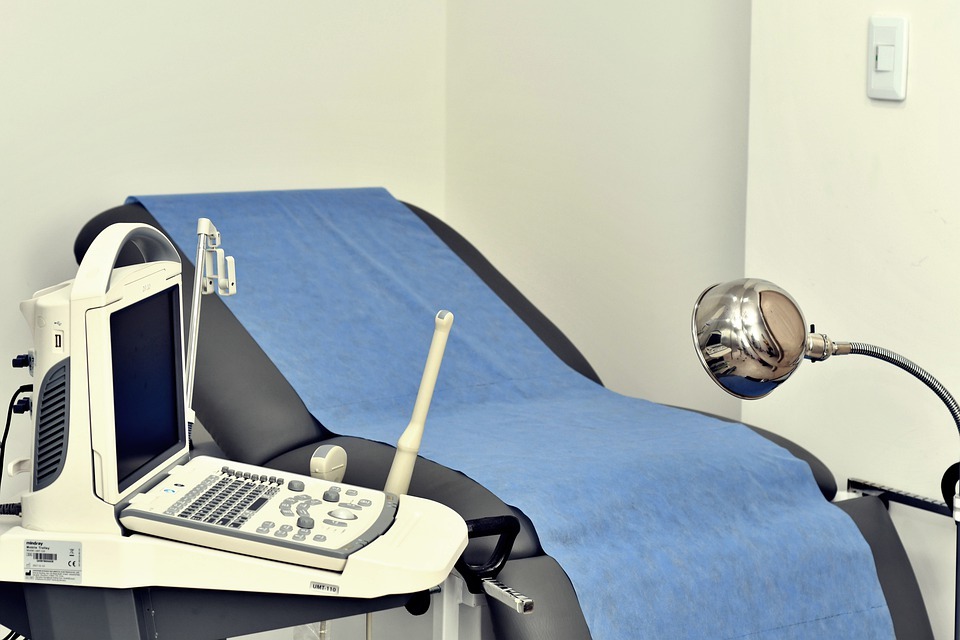The fields of obstetrics and gynecology play a crucial role in women’s health. Both roles promote women’s health and wellbeing when it comes to reproductive health and childbearing. The truth is most women do not bother to know the difference between the two roles. The women’s health field can be challenging to grasp to those outside the medical field. This forces patients to seek help based on the issue at hand and not necessarily the professional involved. In most cases, that is left at the hospital’s discretion. However, it is important to understand the professional assigned to you. You do not want a gynecologist handling you while pregnant just because they have little experience in prenatal and postnatal care. In this case, you would rather be attended to by an obstetrician-gynecologist than a regular gynecologist.
Below we look at the differences between an OBGYN and a gynecologist.
Training
Obstetrics relates to caring for and monitoring a woman’s wellbeing before and after childbirth. This means that in a maternity and delivery room, you are most no likely to meet an OB-GYN and not a gynecologist. When it comes to training, a gynecologist is trained to handle the health of the female reproductive system. This includes the vagina, breasts, ovaries, and uterus. On the other hand, an OB-GYN is trained on the above in addition to the obstetrics aspect. This includes pregnancy, childbirth, and post-pregnancy care.
While it is possible to be a gynecologist without being an obstetrician, the reverse is impossible. You cannot handle issues of pregnancy and childbirth when you are not well trained in the female anatomy. After graduation from medical school, an OB-GYN has to undertake additional training focused on pregnancy and childbirth.
This is not the case with a gynecologist who does not need additional specialized training related to pregnancy and childbirth. A gynecologist’s additional training is related to the female reproductive system and disease management. However, it’s important to note that gynecologists are encouraged to combine their training with obstetrics as this gives them a broader scope when it comes to practice.
Scope of Practice
An OB-GYN deals with issues surrounding pregnancy. This means they can deliver babies. A gynecologist cannot deliver babies as they are not specialized in this area. Besides delivery, an OB-GYN will help a woman deal with infertility issues and provide therapies that can aid conception. After conception, they monitor a woman’s pregnancy journey from conception until the child is born.
An OB-GYN has the expertise to handle any complications that may arise from pregnancy. They also play a significant role postpartum where they assist women with any occurrences or unprecedented emergencies—these range from excessive bleeding after birth to postpartum depression.
A gynecologist does not engage with issues related to pregnancy and childbirth. Their area of specialization is a woman’s general health. This happens from the moment a woman has her first period to when she is post-menopause. This makes gynecologist’s engagement a lifelong one. A gynecologist can diagnose and treat conditions related to a woman’s reproductive system. Anything related to a woman’s uterus, vagina, fallopian tubes, ovaries, and cervix is in a gynecologist’s area of specialization.
A gynecologist can handle any other procedures related to a woman but not linking to childbirth. These include family planning, pap smear, breast examinations, and pelvic examinations. A gynecologist can also perform delicate surgeries such as hysterectomy, which is the total removal of the uterus, and tubal ligation, a form of family planning. The scope of a gynecologist is therefore limited compared to that of an OBGYN which is broader.
Preferences
A woman of childbearing age is advised to consult a gynecologist instead of an OB-GYN. However, this may depend on personal preferences. There’s a general recommendation that women go for a gynecologist’s examination regularly. These tests are highly recommended when a woman has reached childbearing age or is sexually active. These crucial tests can help highlight several issues such as sexually transmitted infections, abnormalities in the woman’s anatomy, and even cancer.
Regular pap smear and breast examinations are also highly recommended to help detect cancer in its early stages. In this scenario where pregnancy and childbirth are not involved, a woman would opt to keep off an OB-GYN.
Are you looking for high-quality obstetrics and gynecological services? Visit Mid-Atlantic Women’s Care for the above services. We are keen on reducing clinical variations and also ensure a reduction in redundant costs.

